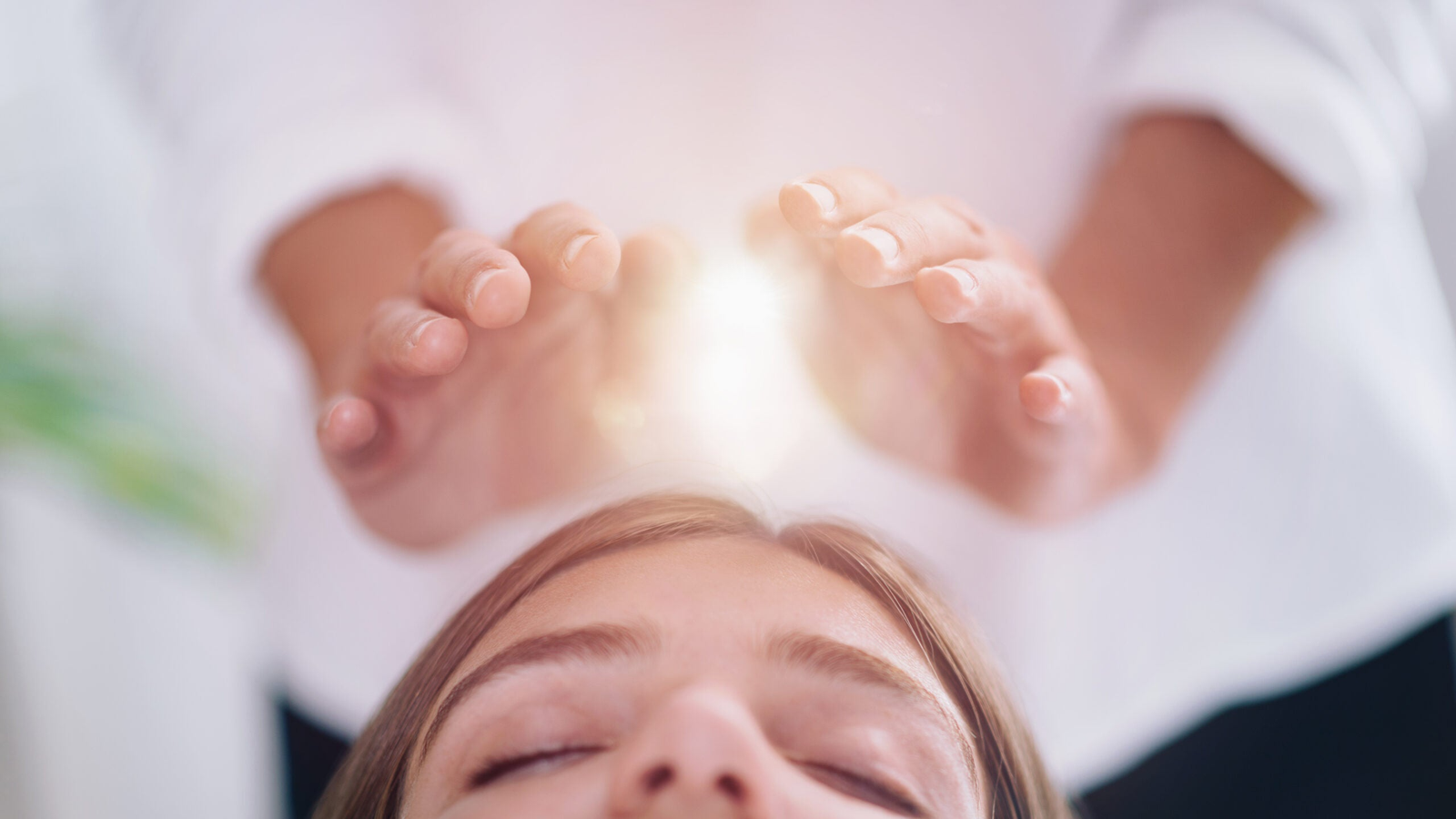
What is Reiki and how does it work?
Have you ever felt overwhelmed by stress, anxiety, or fatigue, and wondered if there’s a gentle, non-invasive way to feel better? Reiki might just be the answer you’re looking for.
It’s a healing practice that’s simple, yet profound. But what exactly is Reiki, and how does it work? In this article, we’ll explore everything you need to know about what Reiki therapy is, what Reiki healing is, and even guide you to find the Best Reiki Healers in Delhi.
What is Reiki Therapy?
When you hear the question What is Reiki therapy, think of it as a therapeutic session where energy is gently transferred through the hands of the healer. Unlike other treatments, Reiki doesn’t involve medicines, needles, or invasive procedures. Instead, it’s about tuning into your body’s energy flow and restoring harmony.
What is Reiki Healing?
So, what is reiki healing exactly? It’s the process of using this universal energy to clear blockages, calm your nervous system, and support your body’s natural healing processes. Many people feel lighter, calmer, and more refreshed after just one session.
How Does Reiki Work?
Reiki works on the idea that energy flows through all living beings. When this energy is blocked or depleted, we feel pain, stress, or fatigue. Reiki helps remove these blockages and allows the energy to flow freely again.
The Energy Behind Reiki – A Simple Analogy
Think of your energy like water flowing through pipes. If there’s a clog, the water can’t flow smoothly, and pressure builds up. Reiki helps “unclog” the system, allowing energy to flow freely, much like water running through clean pipes.
Top benefits of Reiki energy healing
- Reduces stress and anxiety
- Improves sleep and relaxation
- Boosts the immune system
- Helps with emotional balance
- Supports recovery from illness or surgery
- Enhances spiritual growth
What Happens During a Reiki Session?
A typical Reiki session lasts between 45 minutes to an hour. You’ll lie down fully clothed while the healer gently places their hands on or near your body. You may feel warmth, tingling, or deep relaxation. Sometimes, emotions like sadness or relief come up and are processed during the session.
Is Reiki Safe?
Absolutely. Reiki is non-invasive and gentle. It’s suitable for all age groups, including children and the elderly. Even those with medical conditions can benefit from Reiki as a complementary therapy.
How Often Should You Get Reiki Therapy?
It depends on your needs. Some people benefit from weekly sessions, while others prefer monthly or as-needed treatments. Regular practice can help maintain balance and prevent issues before they arise.
Common Misconceptions About Reiki
It’s not a religion – Reiki is a spiritual practice, but it’s not tied to any specific belief system.
It’s not magic – Reiki works by supporting the body’s own healing mechanisms.
It doesn’t replace medical care – Reiki complements other treatments and can be part of a holistic health plan.
Preparing for a Reiki Session
Before your session:
- Wear comfortable clothes
- Avoid caffeine or heavy meals
- Arrive early to settle in
- Keep an open mind and let go of expectations
Who Can Benefit from Reiki?
Almost anyone can benefit from Reiki. It’s especially helpful for those dealing with:
- Stress and anxiety
- Chronic pain
- Sleep disturbances
- Emotional challenges
- Recovery from surgery or illness
- Spiritual exploration
Final Thoughts on Reiki Healing
Reiki is a simple, compassionate, and effective way to care for yourself. Whether you’re curious or seeking deeper healing, it’s worth exploring this gentle practice. By balancing your energy, Reiki can help you feel more aligned, peaceful, and resilient—both physically and emotionally.
At Innerharmony, we’re here to guide you on your healing journey with personalised Reiki sessions tailored to your needs. Book your first session today and experience the difference balanced energy can make.
FAQs About Reiki
No, Reiki is a complementary therapy. It supports your healing but doesn’t replace medical care.
Some people feel better immediately after one session, while others may need multiple sessions over time.
Look for certified practitioners, check reviews, and trust your instincts when choosing a healer.
You might feel warmth, tingling, or deep relaxation. Sometimes emotions also surface as part of the healing process.

